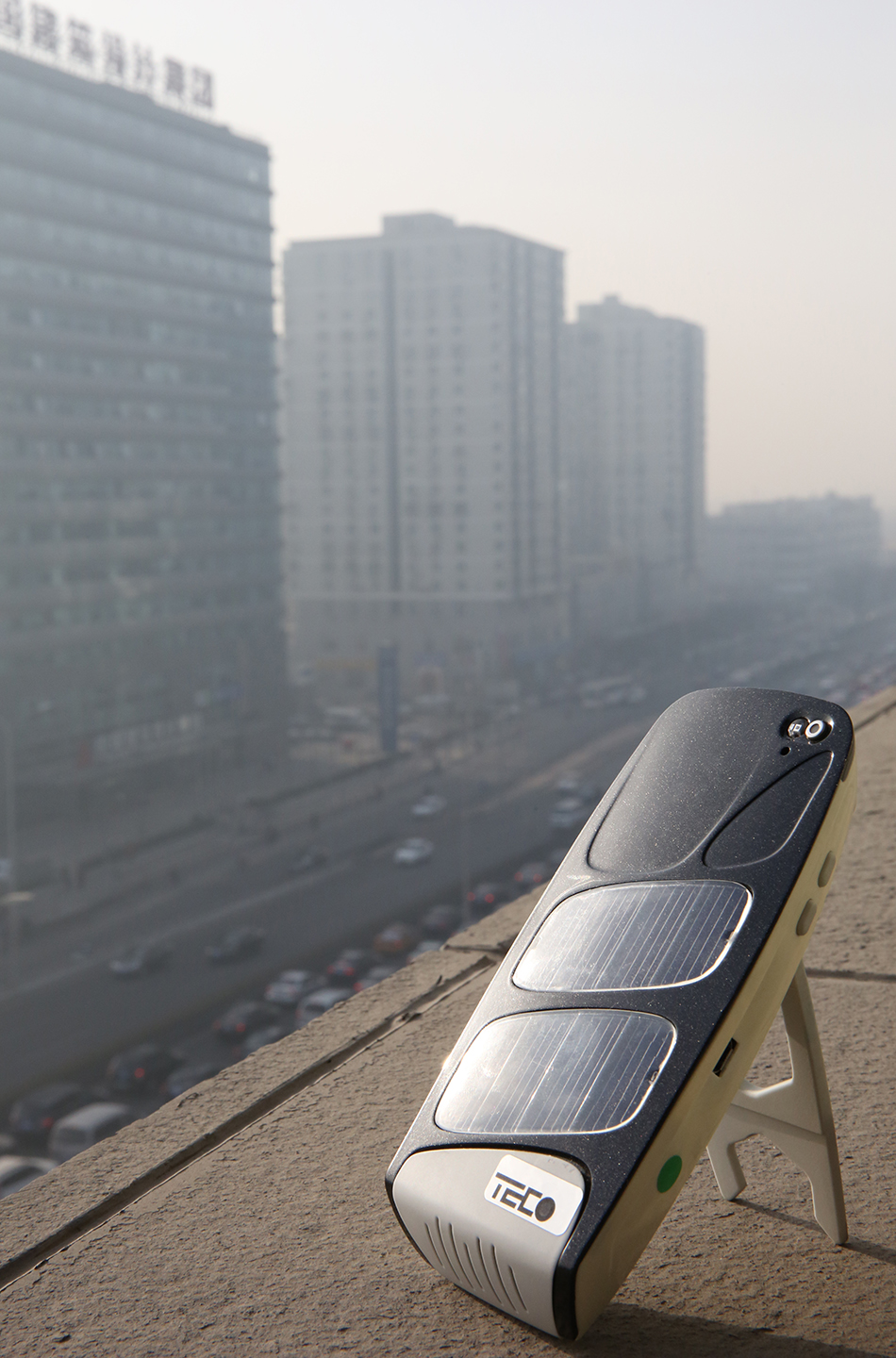Research that lasts
At a time when smartphones and computers are considered obsolete after just two years, ten years is an enormously long period of time in which technological development is progressing rapidly. Research findings that have such a lasting impact on the development of computer science that they are still relevant ten years later are therefore something special. TECO researchers led by Prof. Michael Beigl have achieved this with their work "Enabling Low-Cost Particulate Matter Measurement for Participatory Sensing Scenarios". They were presented with the 10 Year Impact Award at one of the leading specialist conferences, the International Conference on Mobile and Ubiquitous Multimedia (MUM).
The 2013 paper deals with a mobile and cost-effective particulate matter measurement method for use in participatory measurements. It is shown that low-cost, commercially available dust sensors can be used in distributed or mobile personal measurement devices at a cost one to two orders of magnitude lower than professional solutions and still achieve reasonable accuracy. In a series of experiments, the performance of a calibrated high-precision sensor was compared with that of low-cost sensor devices. The paper presents a first method to achieve high measurement accuracy in urban mobile sensor applications by exchanging measurement data between low-cost mobile devices.
With their results, the authors Matthias Budde, Rayan El Masri, Till Riedel and Michael Beigl laid the foundation for low-cost particulate matter measurements in 2013, which are still used today and continue to influence the further development of particulate matter sensors.
Since 1993, TECO at KIT has been conducting research with a large number of partners from research and industry on topics such as ubiquitous/wearable/mobile computing, HCI, sensor/actuator networks (IoT), big data analytics and context-sensitive AI systems. Together with other partners, TECO/KIT operates the Smart Data Innovation Lab (SDIL) of the federal government and Baden-Württemberg's Smart Data Solution Center (SDSC).

